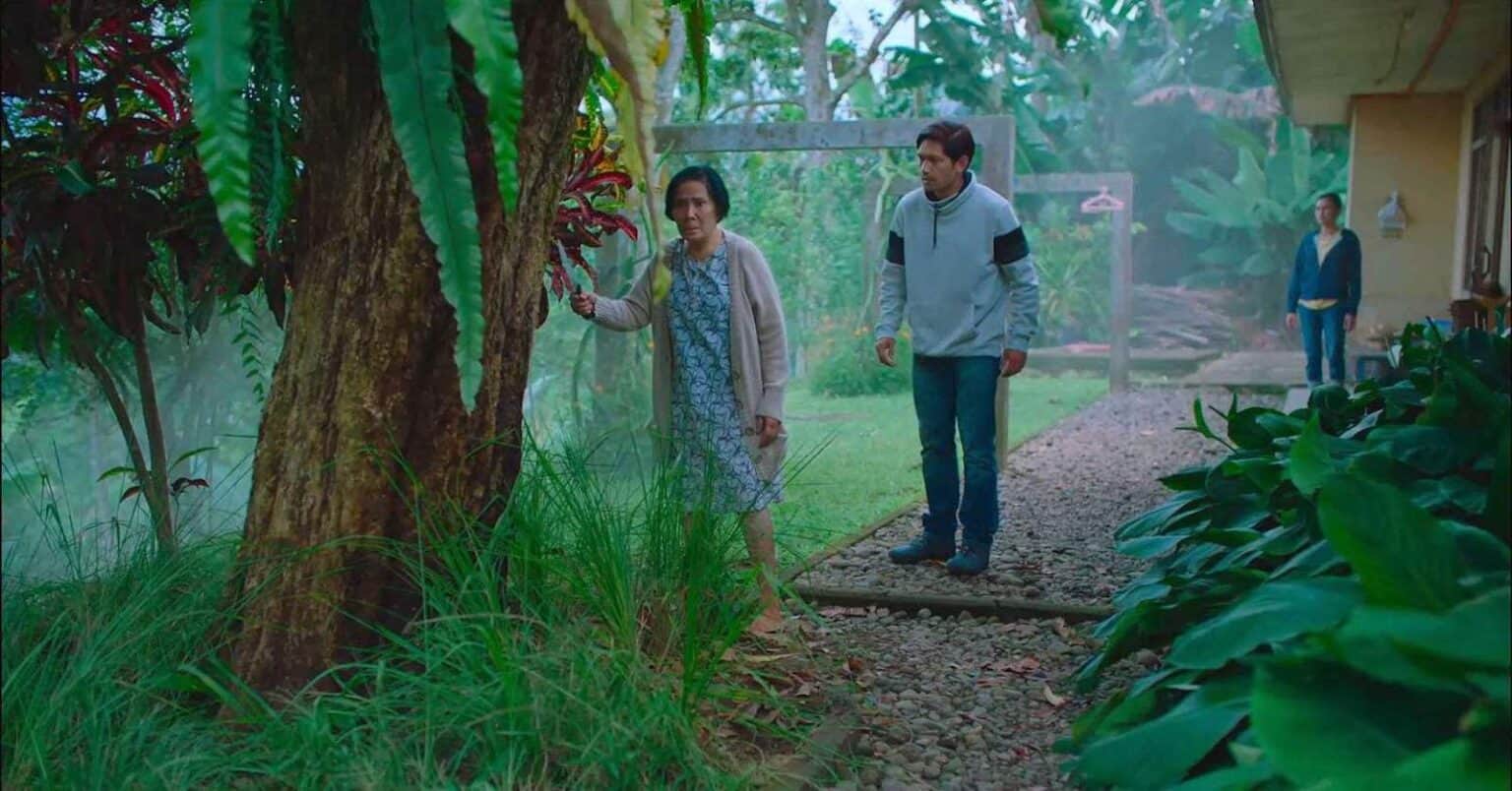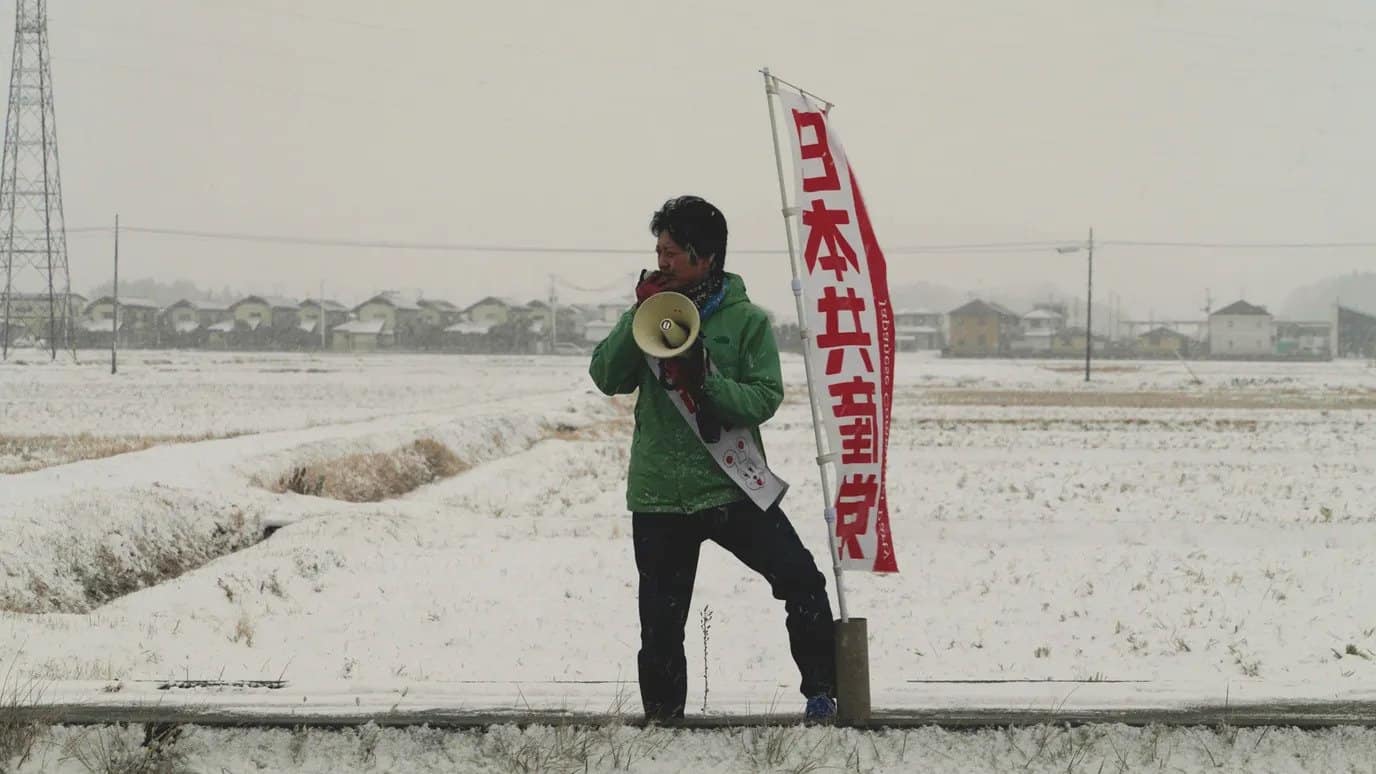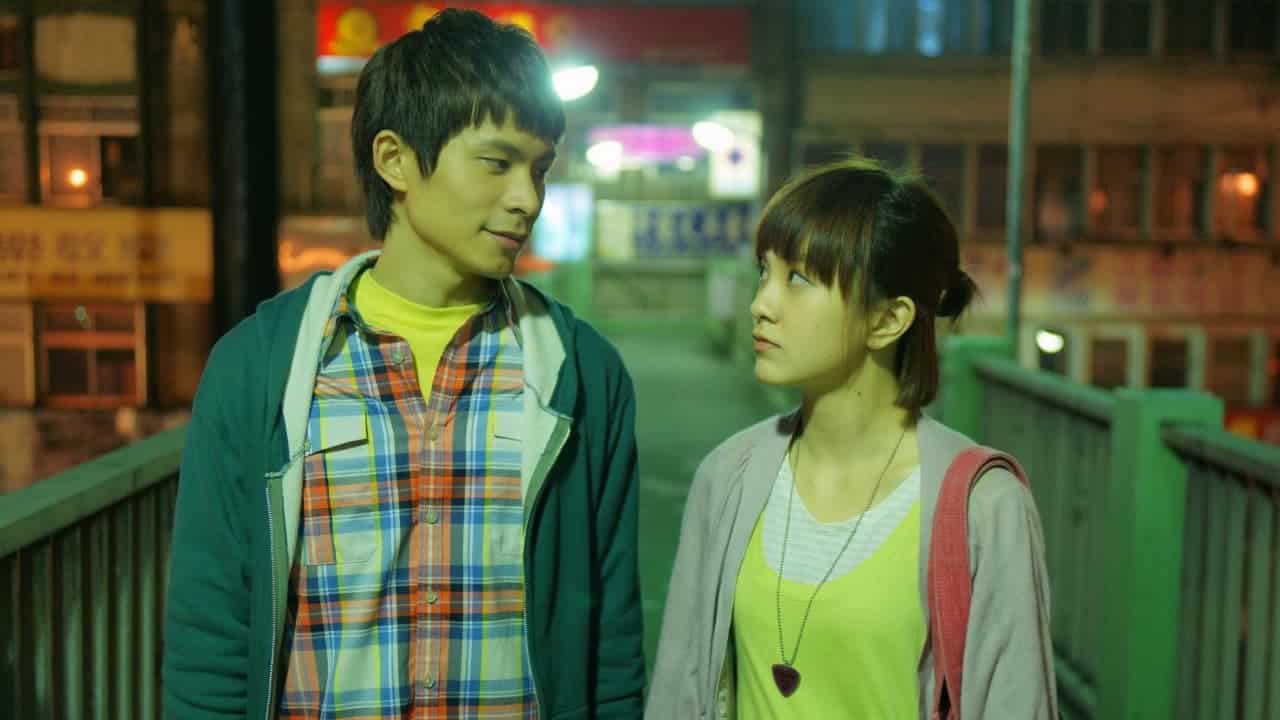Filmed during Singapore's 50th anniversary, “Sementara” may use the recently quite criticized “talking heads” approach, but also manages to create one of the most thorough portraits of a whole country ever seen in a documentary, in an effort that netted the movie the Audience Choice Awards at Singapore International Film Festival.

The two directors begin the film with the National Day Parade in 2015, a sequence that recurs in the movie a number of times, before they proceed to a number of intimate interviews with a plethora of people, in an effort to highlight the multicultural aspects of Singapore but also to show the conflicts these elements bring. A fast food owner talks on how Singaporeans sell their over-expensive houses and move to countries like India and Indonesia, where they give in luxury with the same amount of money they made just an average living in their country. The laziness of the Singaporeans and the hard working Chinese also come to the fore, in a rather bitter comment about a country losing its identity. A female shop owner next discusses about the inequality between men and women, the concept of prostitution and the reasons one would not want children. The next sequence is a rather shocking religious ritual of a man being pierced with long needles all over his body before a crowd-attracting parade.

The documentary continues in that fashion, with two men arguing about the foreigners in the country and the First World-Third World concept, while the film also deals with domestic helpers, soldiers, activists, immigrant workers, Indians, Malaysians, Christian and Muslims. Each of the interviewees seems to present a specific part of Singaporean society in the most eloquent way, along with the issues each face. The juxtaposition of the President speaking live in the stadium about equality and Singapore being a country for everyone, and an Indian man who states that society does not allow him to forget his ethnicity presents a rather pointy antithesis.
The film also deals with the LGBT community, although one of the most impactful moments in the film comes during an interview with a single mom who talks about both raising her daughter on her own and experiencing herself the same situation as a daughter, with her baby daughter “torturing” her all the while during the interview. Lastly, the filmmakers also visit a night club, where a whole other life, that of the rich and famous is revealed.
“Sementara” contains a large amount of different footage, but the way the two filmmakers have edited them is excellent, allowing the tension to build through the succession of different segments, while releasing with the next sequence. The same artfulness applies to the recurring segments, which are presented in order to give emphasis to some comments and to present others through juxtaposition. Also of excellence is the way Shao Min Chew Chia and Joant Ubeda have made their “subjects” trust them and really open up about their lives, in an aspect that highlights the sensitivity with which they approached both the interviewees and the topics of the documentary.
Nothing more to say, if one wanted to present a portrait of all the layers of the multicultural country Singapore is in 104 minutes, one would find it really difficult to do a better job than “Sementara”.















